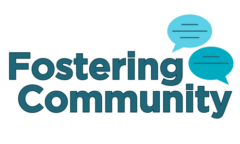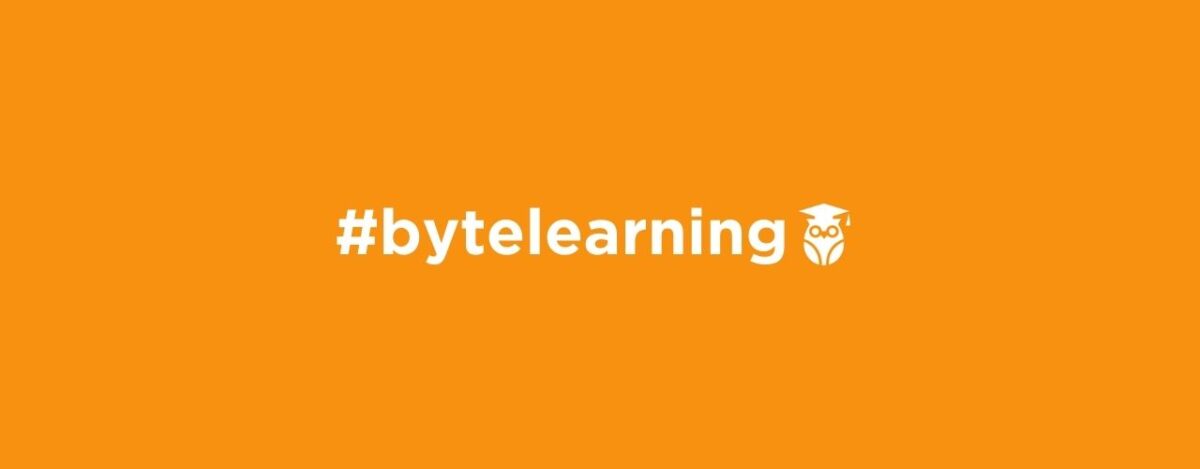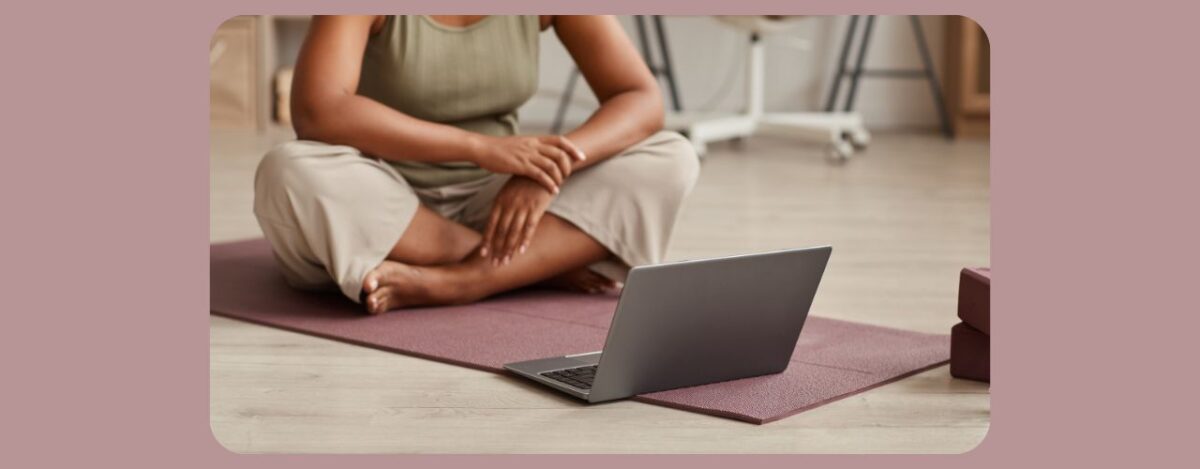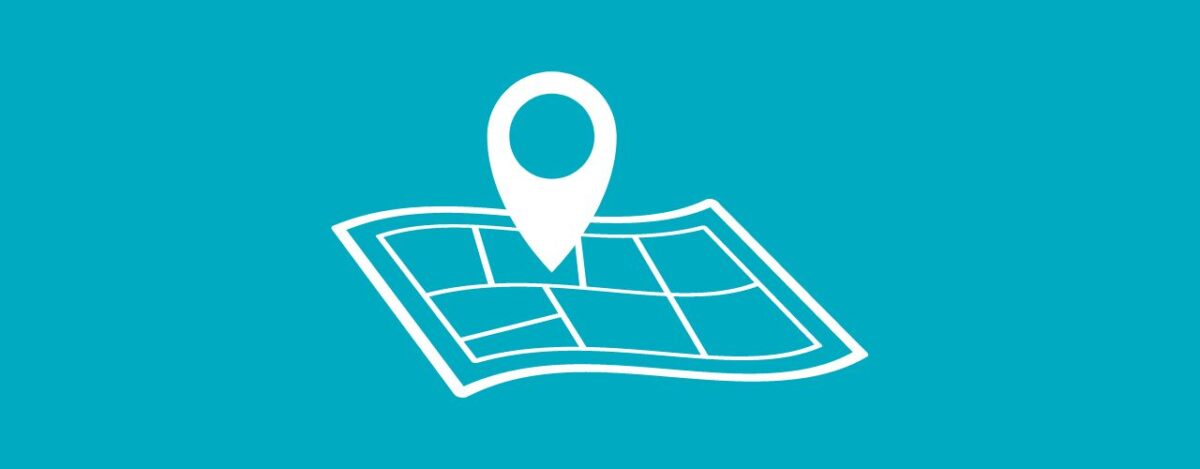Learning bytes are short courses, typically no more than 6 minutes, that are designed to be easy to digest. You can search Rumie’s library for the topics you would like to learn, then choose a course and start learning!
This week’s #bytelearning follows the theme #health. Take a look at the following learning bytes to learn helpful tips about setting boundaries and having hard conversations with your friends:
How I Learned to Make New Friends shares how difficult it can be to make new friends and what steps the author took to meet people. Some things to remember about meeting new friends is that not everyone has to be a forever friend or a best friend. You can have friends that are important for different reasons such as fun time friends, forever friends, and school friends.
How Do I Socialize in the Post-pandemic World? This learning byte provides helpful advice about socializing post-pandemic. Try keeping your social bubble small and do your best to slowly combat any fears or anxiety you may have.
How Do I Talk to My Messy Roommate About Keeping our Place Clean? This learning byte teaches you the steps you can take to most comfortably and confidently talk to your roommate about keeping the place clean. It is important to find the right time to talk, a polite way to approach your concerns, and to create a plan together to ensure the best outcome.
Rumie Initiative is technology company, a nonprofit organization, and a Canadian registered Charity. Check out the website here.
“We fill the gap between what you learned at school and what it takes to succeed by building the habit of lifelong learning.” – Rumie Initiative.








